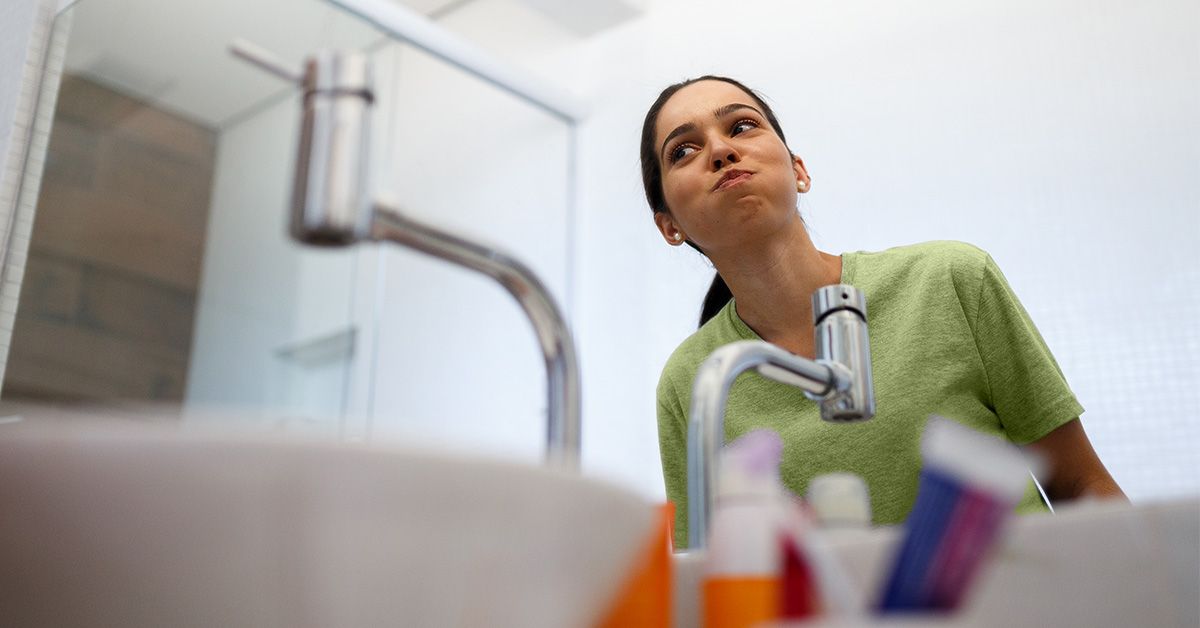Alcohol-based mouthwash has long been a staple in many people’s oral care routines. However, recent research suggests that using alcohol-based mouthwash on a daily basis may increase the risk of certain gum diseases and cancers. A study conducted at the Institute of Tropical Medicine in Antwerp, Belgium found that alcohol-based mouthwash can alter the composition and number of bacteria in the mouth, potentially leading to health problems.
The study specifically looked at the effects of alcohol-based Listerine Cool Mint mouthwash on participants’ oral microbiomes. Researchers found an increase in opportunistic bacteria such as Fusobacterium nucleatum and streptococcus anginosus, which have been linked to gum disease and certain cancers. Additionally, the mouthwash led to a decrease in beneficial bacteria like Actinobacteria, which play a role in cardiovascular health.
While the researchers did not explicitly advise against using alcohol-based mouthwash, they did caution that long-term use should be carefully considered. Participants in the study alternated between using alcohol-based mouthwash and non-alcohol mouthwash, with the goal of reducing the incidence of sexually transmitted infections. The findings suggest that alcohol-free mouthwash may be a safer option for individuals with dry mouth, medical conditions, or a history of alcohol abuse.
Overall, the study highlights the potential risks associated with alcohol-based mouthwash and the need for personalized recommendations based on individual dental needs. It is important to consult with a healthcare professional to determine the most suitable mouthwash for your oral health. While mouthwash with alcohol may not directly cause cancer, excessive or long-term use could contribute to other health issues. It’s crucial to strike a balance between maintaining oral hygiene and avoiding potentially harmful effects on the oral microbiome.










